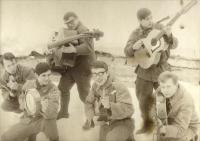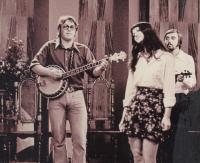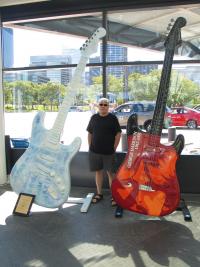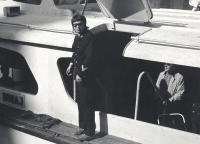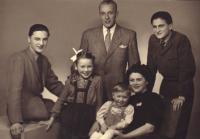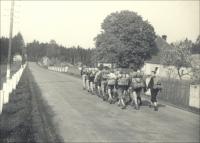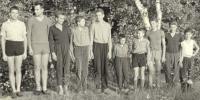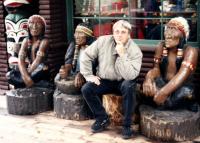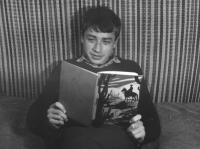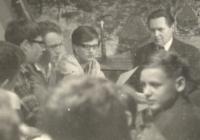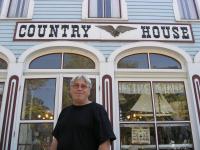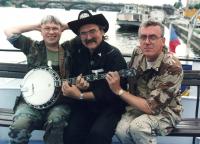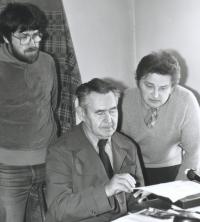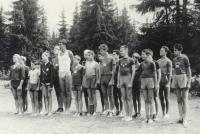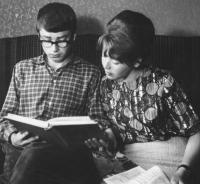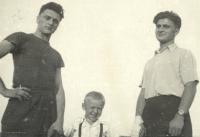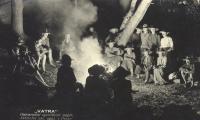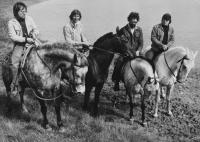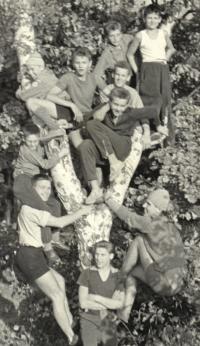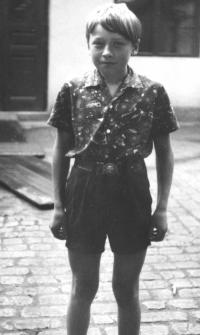Your words can conceal whatever you want but your deeds will reveal you.

Download image
Jaroslav Čvančara was born on November 20, 1948, in Prague. His parents worked in the film industry. They founded a film rental company and later also ran several cinemas. During the Second World War, their films were confiscated by the Germans and after 1948 their business was hampered again by the rise to power of the Communist party. Jaroslav grew up with three siblings. In 1958 he was completely shattered when his brother František was arrested and sentenced to two years in prison. At that time, Jaroslav was an avid reader of Foglar’s books and wanted to become a scout. In 1960 he managed to find out where Foglar lived and met his idolized scout leader. “The Hawk” accepted Jaroslav to his tourist troop. Jaroslav, called Jáček, was a member of the troop until 1967. During adolescence he started to engage in tramping and music. He learned to play the banjo and started a band. As he came from a “problematic” family, he wasn’t allowed to study at a film school and was oblidged to serve two years in the military. In 1970, after he returned from the military service, he put his band back together - they called themselves “The Taxmen”. He finished his studies at the Pedagogical high school and worked at the Technical high school in Prague for 35 years. In 1991, he issued his first publication Operation Assassination. After that he published the trilogy Life for Someone, Death for Another One 1939-1945. His next book was about his band: Taxmen or the Quest for the Country Grail. For several years he has been employed at the Institute for the Study of Totalitarian Regimes and he still performs with the Taxmen.
